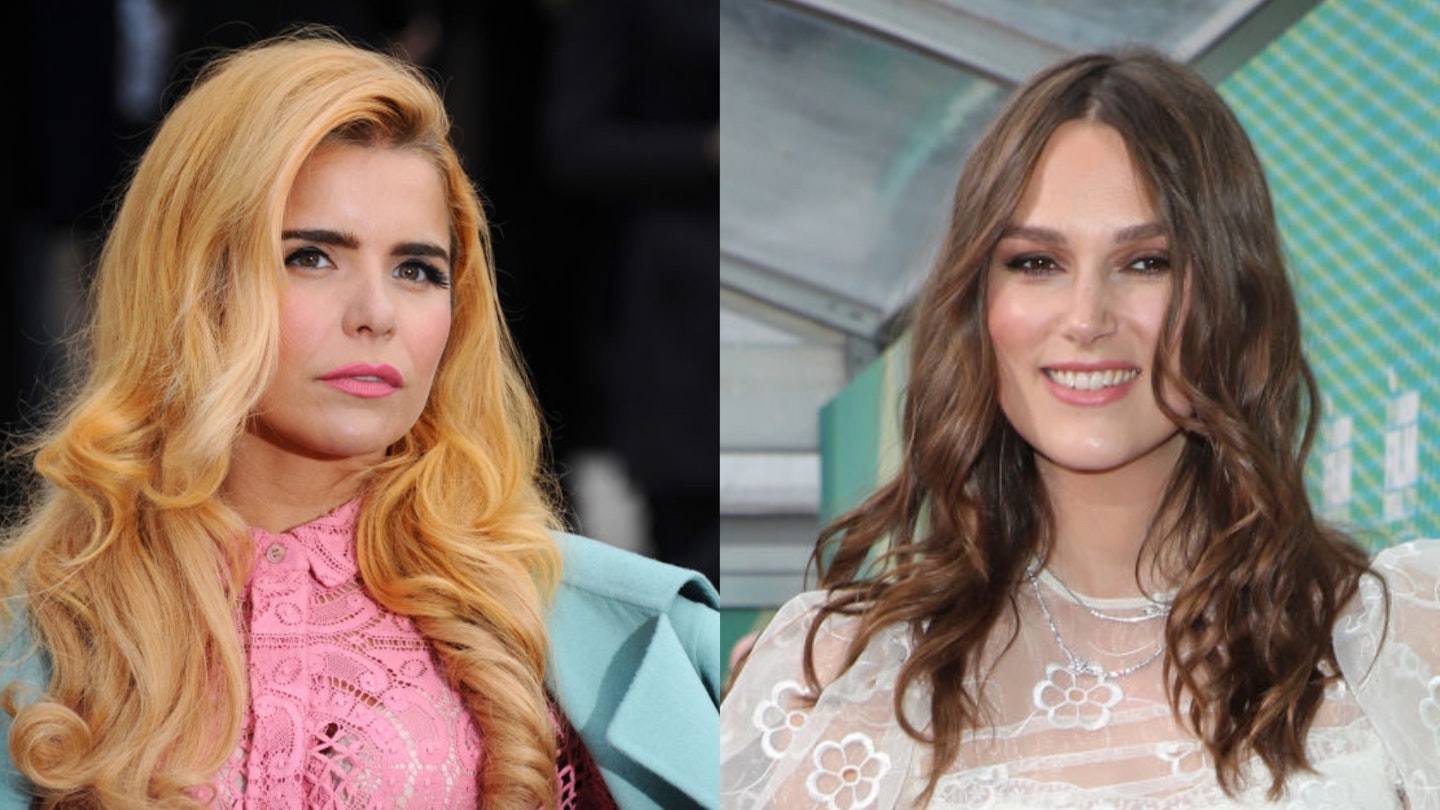Paloma Faith has joined the chorus of celebrities banning their children from seeingThe Little Mermaid after determining that the Disney film sets a bad example for young girls. It comes as the live-action remake of The Little Mermaid premiered to rave reviews from critics despite being trolled with ‘review bombing’ bots that initially caused the IMDB rating to plummet.
‘As a mother of girls, I don’t want my kids to think it’s ok to give up your entire voice and your powers to love a man,’ Faith shared in a now-deleted Instagram post. ‘Wtf is this sh*t. Not what I want to be teaching next gen women at all.’
Faith isn’t the first celebrity to share such a sentiment. Idina Menzel has expressed a similar concern about The Little Mermaid ‘giving up her voice for a man’, and Keira Knightley made headlines in 2018 when she told Ellen DeGeneres that she banned her daughter from seeing a number of Disney princess films including The Little Mermaid because they teach girls to be dependent on a man or give up too much for them. Demi Lovato too called Ariel ‘some little hoe mermaid’ in an interview in 2014.
But the original voice actor of Ariel, Jodi Benson, has always had the best response to naysayers, pointing out that anyone who truly believes Ariel gave up her voice for a man hasn’t paid attention to the first 15 minutes of the film. ‘Ariel’s dream is to be human, she sings “I want to be part of THAT world”’ Jodi explains. ‘Then she fell in love.’
Rewatching the original myself this weekend, I too was struck by how off the mark these takes on The Little Mermaid are. In The Little Mermaid, Ariel is introduced to the audience as a rebellious, brave teen who explores the deep sea and fights off sharks in order to find out more about the world beyond her own. She doesn’t want to live in the perfect bubble her father has created for her as a princess, she consistently fights against expectations of her and rules her father sets, wanting to explore the human world at any cost.
In fact, when she first sees the prince, she’s more enamoured watching the humans sing and dance than simply falling in love with him. Then, when the ship is struck by lightning, she heroically saves the Prince from drowning. As a viewer, you aren’t yet aware she’s in love with the Prince, you just know she’s brave and selfless. Throughout the film, we learn how tenacious the Little Mermaid is, and while she does fall in love, that narrative pales in comparison to how inspiring it is watching Ariel go after what she wants so smartly, with so much strong will.
Ariel is actually incredibly smart and strong-willed, stopping at nothing to become human.
Then there’s the familial storyline, where a father initially introduced to us as harsh and unbending, shows how much he hates suppressing Ariel’s desire to be human (and is just protecting her) ultimately proving his unconditional love for her when he tries to save her from Ursula and grants her to become human with his own magic. The loves tory might be part of the plot, but there’s so much more young girls can learn about life from The Little Mermaid.
I’m no Disney adult, but I can say that I was obsessed with The Little Mermaid as a child – I quite literally wanted to be Ariel. Did I grow up to believe I should sacrifice all my dreams and powers for a man? Quite the opposite. My mum will tell you I was always a raging little feminist, mermaid tail in tow.
Because actually, children are capable of some degree of critical analysis when it comes to their favourite TV shows and films – especially if you engage in conversation with them about it. Rather than a flat out ban on anything in pop culture that has sexist themes (which, let’s be honest, would be impossible to uphold), how about asking questions about what their favourite character got right or wrong? Those kinds of conversations are surely more valuable, encouraging children to think critically about the sexism that still pervades the world today, than preventing them from enjoying what is actually a great, inspiring film.
